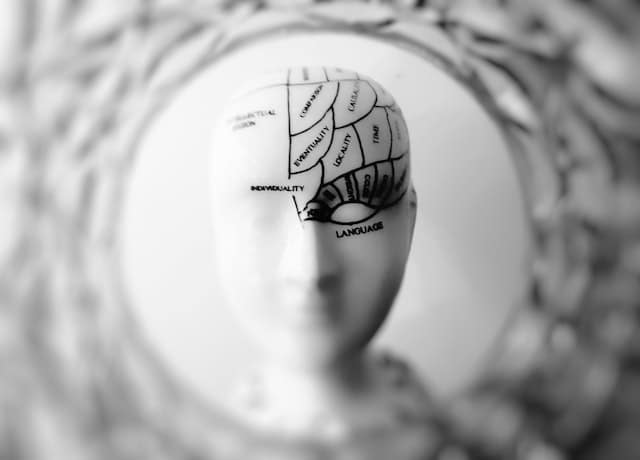Dementia and Alzheimer’s are two terms that are often used interchangeably. However, it is important to note that they are not the same conditions. Understanding the differences between dementia and Alzheimer’s is crucial for several reasons. Primarily because it helps with accurate diagnosis and treatment.
While Alzheimer’s disease and other types of dementia share many symptoms, some symptoms are unique to certain types of dementia, and the underlying causes may differ. That’s why it’s a good idea to educate yourself. If you’re in need of more information, keep reading for a basic guide exploring the differences between dementia and Alzheimer’s.
Alzheimer’s vs Dementia
The main difference between dementia and Alzheimer’s is that dementia is an umbrella term that includes a variety of symptoms related to memory loss, thinking ability, behavior, and communication abilities. Alzheimer’s disease specifically refers to progressive mental deterioration that results in impaired memory, thinking, and behavioral changes.
While all types of dementia are associated with a decline in cognitive functioning, not all dementias are caused by Alzheimer’s disease. In other words, someone can have a form of dementia that does not include Alzheimer’s as its underlying cause.
Memory loss is one of the clearest signs of dementia, but not all types of memory decline indicate dementia or even Alzheimer’s itself. Memory deficits related to age can be caused by other issues such as stress or lack of sleep rather than being indicative of a serious condition.
With Alzheimer’s disease, in particular, an individual may have significant difficulty remembering familiar people, names, and words from conversations. They may also struggle to recall recent events. If you or a loved one experiences these symptoms, you should see a doctor. A medical professional will be better qualified to say for sure whether there is a diagnosis to be made. Depending on the outcome, it can be helpful to read up on resources about caregiving, as well as a memory care transition guide to prepare for the worst if the condition continues to degenerate their cognitive function.
Seeking medical guidance is crucial, as it allows for timely intervention and the exploration of senior care options tailored to the specific needs of the individual. Whether it’s memory support programs or specialized senior care for Alzheimer’s and dementia, early consultation can significantly improve their quality of life.
The exact cause of dementia or Alzheimer’s is not known; however, some potential causes have been identified. A major factor contributing to both conditions is age—the older you get, the more likely you are to develop either condition. Other possible causes include strokes or head injuries as well as lifestyle choices such as smoking and lack of exercise.
How is Alzheimer’s disease diagnosed?

Now, let’s discuss how Alzheimer’s is diagnosed. There is no one-size-fits-all answer to this question, as the diagnosis of Alzheimer’s disease can be tricky and requires the expertise of a specialist. A doctor will likely ask about the patient’s medical history, including any symptoms they may be experiencing and when they started to occur. The doctor will also ask about the patient’s family history, as there is a higher risk of developing Alzheimer’s if someone has a family member who has also been diagnosed with the condition.
Next, the doctor will likely perform a physical exam and may test the patient’s memory and thinking skills. This can be done with a number of tests, such as the Mini-Mental State Exam (MMSE) or the Montreal Cognitive Assessment (MOCA).
If the doctor suspects that the patient has Alzheimer’s, they may order imaging tests such as an MRI or CT scan, to look for any changes in the brain that may be associated with the condition.. Once you or a loved one receives a diagnosis, you can begin working with your doctor to put together a treatment plan.
Conclusion
As this article demonstrates, exploring the difference between dementia and Alzheimer’s is critical for improved diagnosis and treatment of these conditions, as well as for providing better support for those affected. Understanding the differences between these two conditions can help to ensure that individuals receive the best possible care and support. If you notice any of the early symptoms or warning signs of any type of dementia, you should see a doctor right away about being evaluated. Early diagnosis is crucial to maintain the best possible quality of life.













Leave a Reply